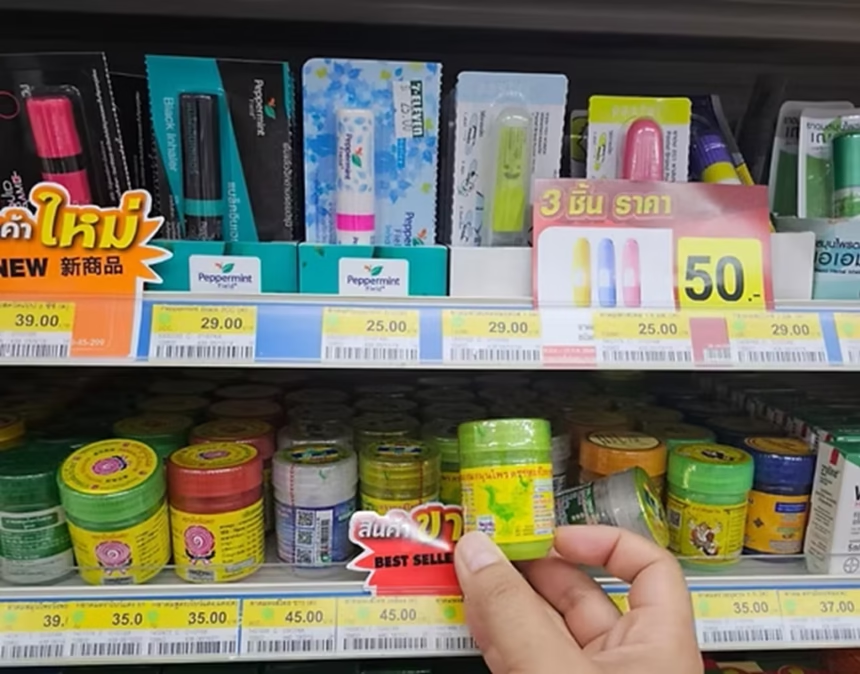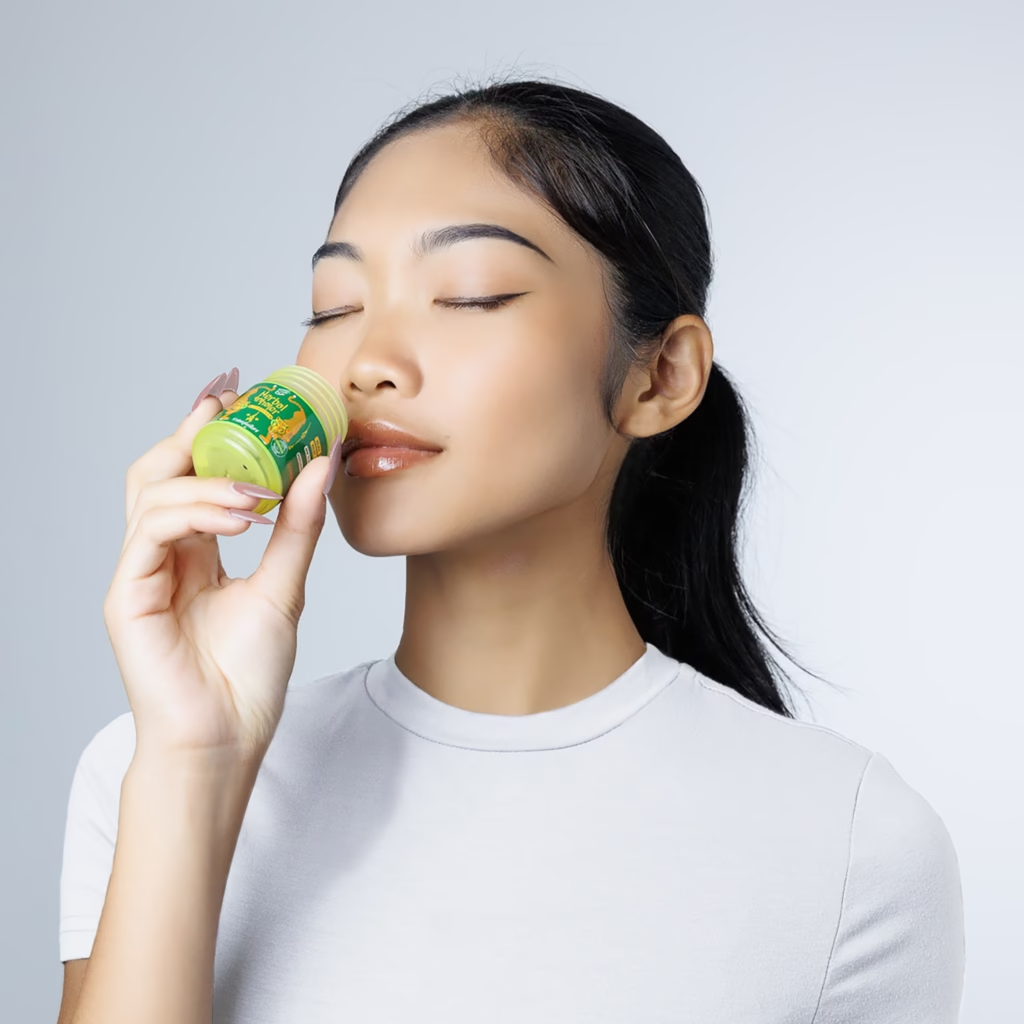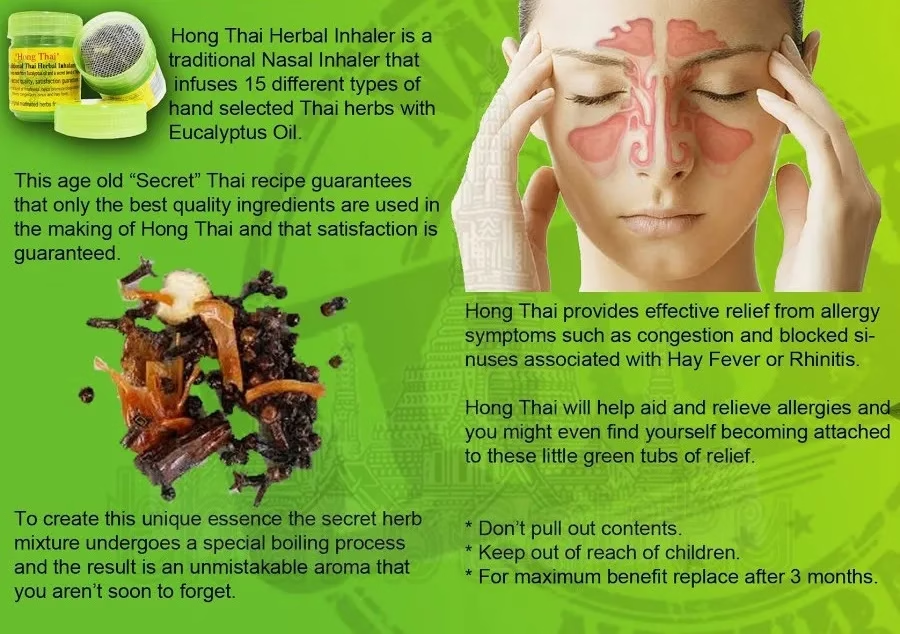BANGKOK – Thailand’s Ministry of Public Health has set out a plan to lift the country’s herbal inhaler sector into a global leader in medical and wellness markets, targeting 10 billion baht (about $310 million) in value within five years.
On 7 November 2025, the Department of Thai Traditional and Alternative Medicine held a national workshop titled “Developing the Thai Herbal Industry: Herbal Inhalers.” The session, chaired by Assoc. Prof. Akkaranan Ariyasripong, adviser to the deputy health minister, detailed how traditional Thai knowledge will be paired with modern innovation to draw international interest and investment.
Thailand’s inhaler market is worth around 4.5 billion baht ($138 million), with herbal inhalers making up roughly 1.33 billion baht ($40 million), according to Akkaranan. Through the Medical and Wellness S-Curve plan, the ministry intends to standardise, scale, and professionalise the segment to reach the 10 billion baht mark within five years.
Two core tracks will guide the rollout: stronger production standards and active support for product innovation. The ministry will launch the Thai Premium Herbal Standard (TPHS) to raise quality and safety, back R&D for functional inhaler lines, and offer 50% matching grants to help SMEs upgrade facilities to GMP standards.
A proposed Thai Herb Wellness Fund will also co-invest in startups, with tax perks linked to the Board of Investment.
Pilot schemes named “Pann” and “Phat” will support founders with formula development, product testing, legal guidance, and export readiness. From January, entrepreneurs will gain access to low-interest finance and expert mentoring.
Dr. Montaka Theerachaisakul, assistant director-general of the department, added that the government has launched Siam Mani, an e-commerce platform for certified Thai herbal goods. The site lets approved sellers list premium products without platform fees.
The ministry’s goal is to build global trust in Thai herbal inhalers and create lasting value for the country’s wellness economy.
This strategic push follows recent scrutiny of the brand Hong Thai. The Food and Drug Administration found microbial contamination in lot 332, which led to a recall of more than 200,000 units for disposal. A further 2 million units at the plant, held without proper authorisation, were seized by the FDA.
Teerapong Rabeutham, founder and owner of Hong Thai Herbal Co., who joined the workshop, said the company has addressed past mistakes and is improving its products. He noted that the aim has always been to make herbal products that work and appeal to Thai consumers.
Dr. Chaiwat Techapaithoon, chairman of Hong Thai Herbal Co., welcomed the wider promotion of Thai herbal products as a form of soft power that supports the country. He acknowledged previous production issues and stressed the need to correct them to protect the reputation of Thai herbal goods. Media attention, he said, caused serious harm not only to Hong Thai but to the broader industry.
















